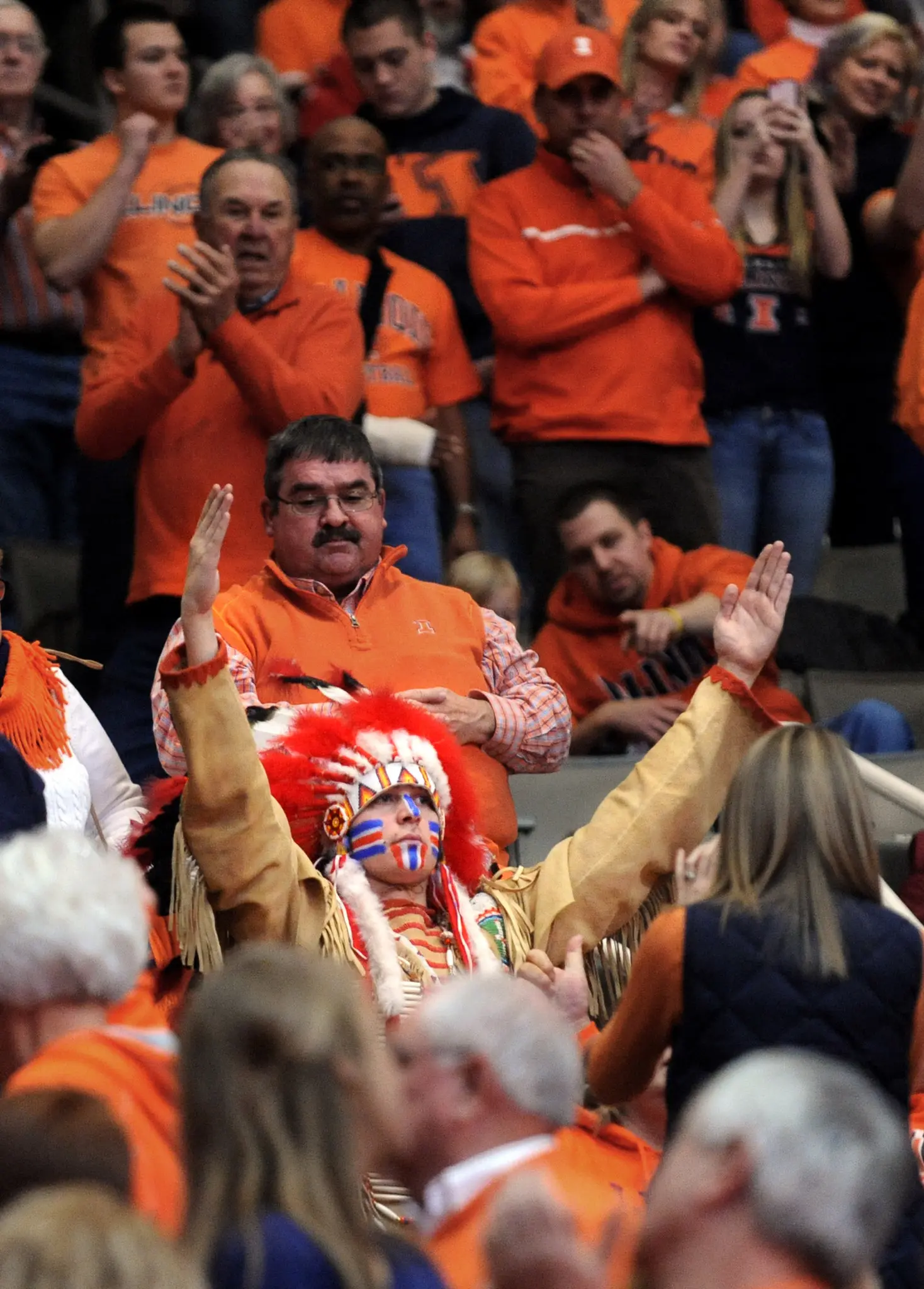Many renowned and minor teams in various different sports have changed their mascots due to stereotypes, racism, community acceptance, and a variety of protests. The National Football League , high schools, colleges, and more sports organizations have faced this hardship.
For example, the National Collegiate Athletic Association enforced a rule on no use of hostile or abusive mascots. Two examples could be the Washington Commanders and University of Illinois mascot, Chief Illiniwek .These teams have had to toil to keep their mascots or even change them to a completely new and different mascot. When changing a mascot, you have to re-brand. Organizations have to get new labeled signs, gear, uniforms, field, and more. This causes organizations to lose an exponential amount of money that could be used to help fund the sport and the team.
When should it be okay to change a mascot, and when is it all right to keep it the same as it was? Culture. Culture is a word used to describe values, religions, beliefs, social groups, lifestyles, or even a way of life. If the mascot for a specific sport or school represents that area’s past or supports its culture, why should we change it? However, if a mascot does not have a purpose, is not beneficial, and is offending, change it.
In 2022 The Native American Guidelines Association (NAGA) sued the Washington football franchise to change its name from the Washington Redskins to the Washington Commanders. This NFL team lost its title of the Washington Redskins in 2020 and was widely known as the Washington Football Team for two years before gaining the name and new mascot of the Washington Commanders in February 2022. A press report answering the question of why did the Washington franchise change its mascot from the Redskins to the Commanders stated, “Pressure from sponsors and decades of criticism that they are offensive to Native Americans””Group sues Washington Commanders over name change. People believed that there was no reason behind the mascot and it was truly just offensive.
But, is there a reason behind the Redskins, or is it just a mascot with no explanation? The lawsuit going against the Washington franchise mentioned “The Washington Commanders are the only team in the National Football League (NFL) to honor an actual Native American.” Group sues Washington Commanders over name change. This team used its mascot, the Redskins, to show support for the Native Americans and honor the spirit that goes along with the Native American culture. Why should you sue a team and make them change their mascot when there is a purpose behind this NFL team’s mascot? Some people viewed this mascot as inspiring and honoring to the Native American culture. The Change.org Petition states, “The name “Redskins” carries deep cultural, historical, and emotional significance, honoring the bravery, resilience, and warrior spirit associated with Native American culture. It was never intended as a derogatory or offensive term but as a symbol of respect and admiration. Changing the name abruptly disregards the positive legacy that the Redskins name has built over the years and disorients the passionate fans who have invested their emotions, time, and unwavering support in the team.” Group sues Washington Commanders over name change.The Washington Redskins had a valid and inspiring reason as to why they should be the Redskins. To counter argue, some could see how the Redskins would be offensive and how the mascot is disrespectful to one’s culture. Despite this, the Washington football team used the Redskins to honor and support the culture and had no intent to offend.
On the other hand, some mascots have no meaning in regards to an area’s history or culture. They have no reasoning or purpose in making them an important mascot. They are useless. The University of Illinois just recently proposed their new mascot, the Kingfisher, as their new mascot in July 2023. Before that, The University of Illinois mascot was Chief Illiniwek (mascot for 81 years). Chief Illiniwek was usually portrayed by a white student dressed up in clothing that is used as a symbol of the Sioux nation. This was supposed to be a Native Symbol, but this mascot had no reason or purpose. It did not have anything to do with the culture of the college, nor was it beneficial. All it did was make people mad and bring the school controversy. The University of Illinois retired its mascot, Chief Illiniwek, in 2007 after 81 years of pressure from the NCAA and protests by Native Americans. Nothing is wrong with wanting and fighting to change a school or sports team mascot if it is not beneficial or serves a purpose. People fought and argued to eliminate Chief Illiniwek as a mascot, stating “ it must be banned in the name of tolerance and respect for multicultural diversity.” But, some also complemented and fought to keep Chief Illiniwek as their mascot. These people see Chief Illiniwek as an honor and support to their heritage. Controversy of Chief Illiniwek.
People have many different viewpoints, stereotypes, and opinions on a solid controversial topic like this one. Changing mascots due to racism, disrespect, stereotypes, and lifestyles. Culture. Culture should be honored; culture should have support. In an appropriate way. Change a school or sports team mascot when needed. If it holds no purpose, support, or honor, and if it offends people with stereotypes, change it. Keep a mascot when necessary. If it supports, benefits, holds a vital purpose and holds value to the culture of where the mascot originated from, keep it. Everyone has different viewpoints, and not all stereotypes will end. Therefore, there will never be a clear answer or perfect mascot that will make everyone satisfied. But what is best for the school or sports team? What is the culture behind it? What mascot will be next, and if a change is necessary, what will be a proper replacement?





